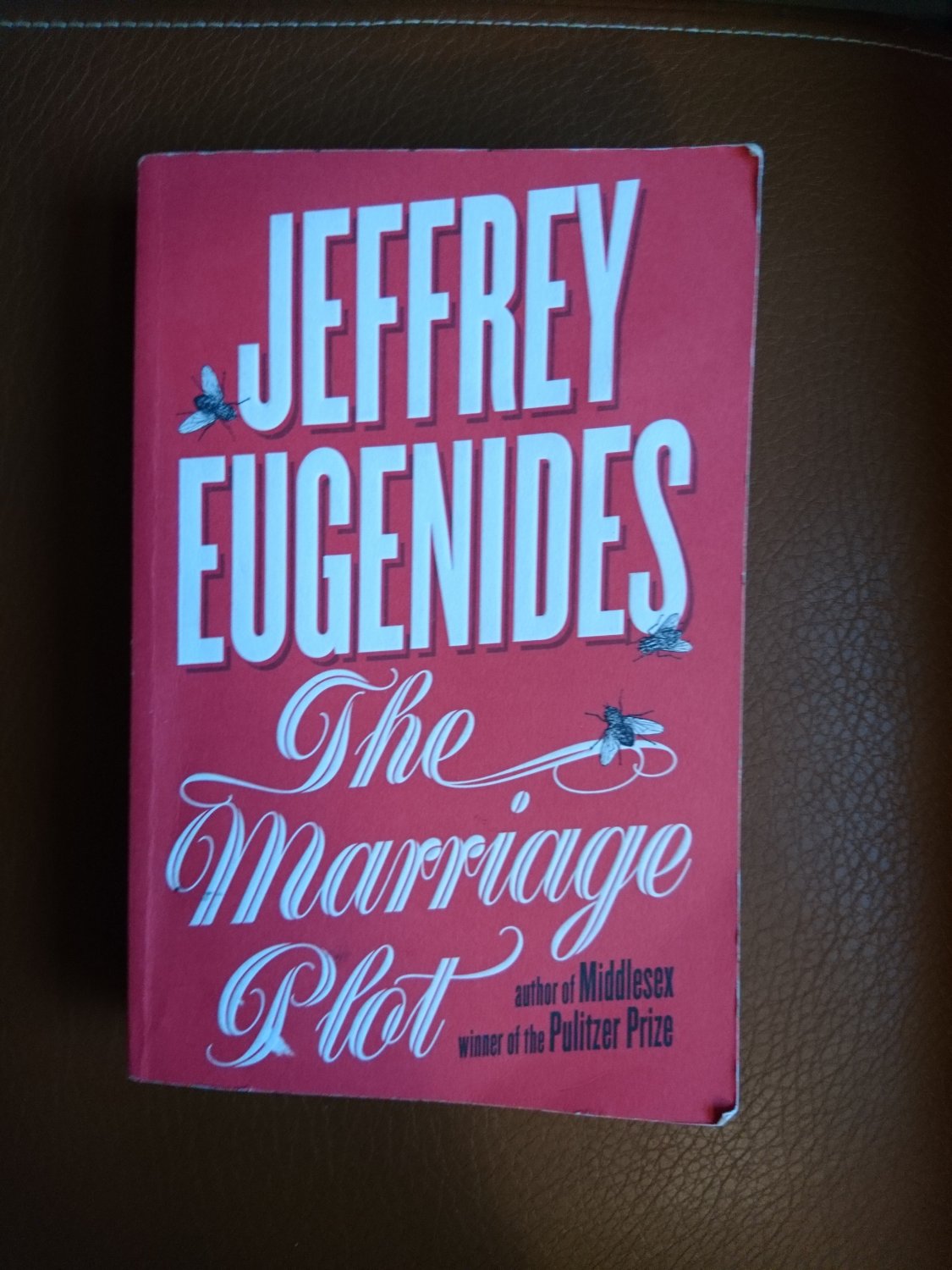

Madeleine, the ingenue, is an English major from a prosperous Wasp family with a nice home in the suitably twee-sounding town of Prettybrook, New Jersey.

The story itself, a post-modern take on 19th-century romance, is built around three characters who meet at Brown University's semiotics class in 1981. They don't, to me, suggest an imagination on fire. "Paris was a museum displaying exactly itself" "Calcutta felt like the first real place he'd been" "Reading a novel after reading semiotic theory was like jogging empty-handed after jogging with hand weights" "The mind of Thomas à Kempis, the author of The Imitation of Christ, was difficult to connect with", go some fairly typical lines. The lively intelligence of the earlier books has little to grapple with in these mostly unremarkable characters as they make their intellectual and geographic grand tours, and consequently much of the writing veers between effortful smartness and a kind of half-hearted blah. In tilting the focus so emphatically towards the wholesome and ordinary, Eugenides seems to have restricted his access to his own considerable powers. It's customary to cheer when an author moves outside his comfort zone, but I'm not sure it was such a great idea in this case. With one exception there is nothing seriously the matter with any of them.

Its cast consists mostly of bright, go-getting young Ivy Leaguers, and its storyline follows their love entanglements and spiritual crises during the early 1980s as they pursue and escape each other through a variety of colourful locations that stretch from Cape Cod to Monte Carlo to Calcutta.

The Marriage Plot largely (though not entirely) dispenses with the morbid element. Mass self-slaughter in The Virgin Suicides, incest and hermaphroditism in Middlesex: in both cases, the elements of what might have been merely freakish narratives were transformed by a combination of witty, vigorous prose and a cinematic sense of social and historic context into something unexpectedly capacious and pleasurable. L ooking back over Jeffrey Eugenides's first two novels, I wondered if a part of their enormous appeal might have been the way they brought together two apparently incompatible registers: the dank morbidness of the subject matter, and the graceful exuberance of the style.


 0 kommentar(er)
0 kommentar(er)
